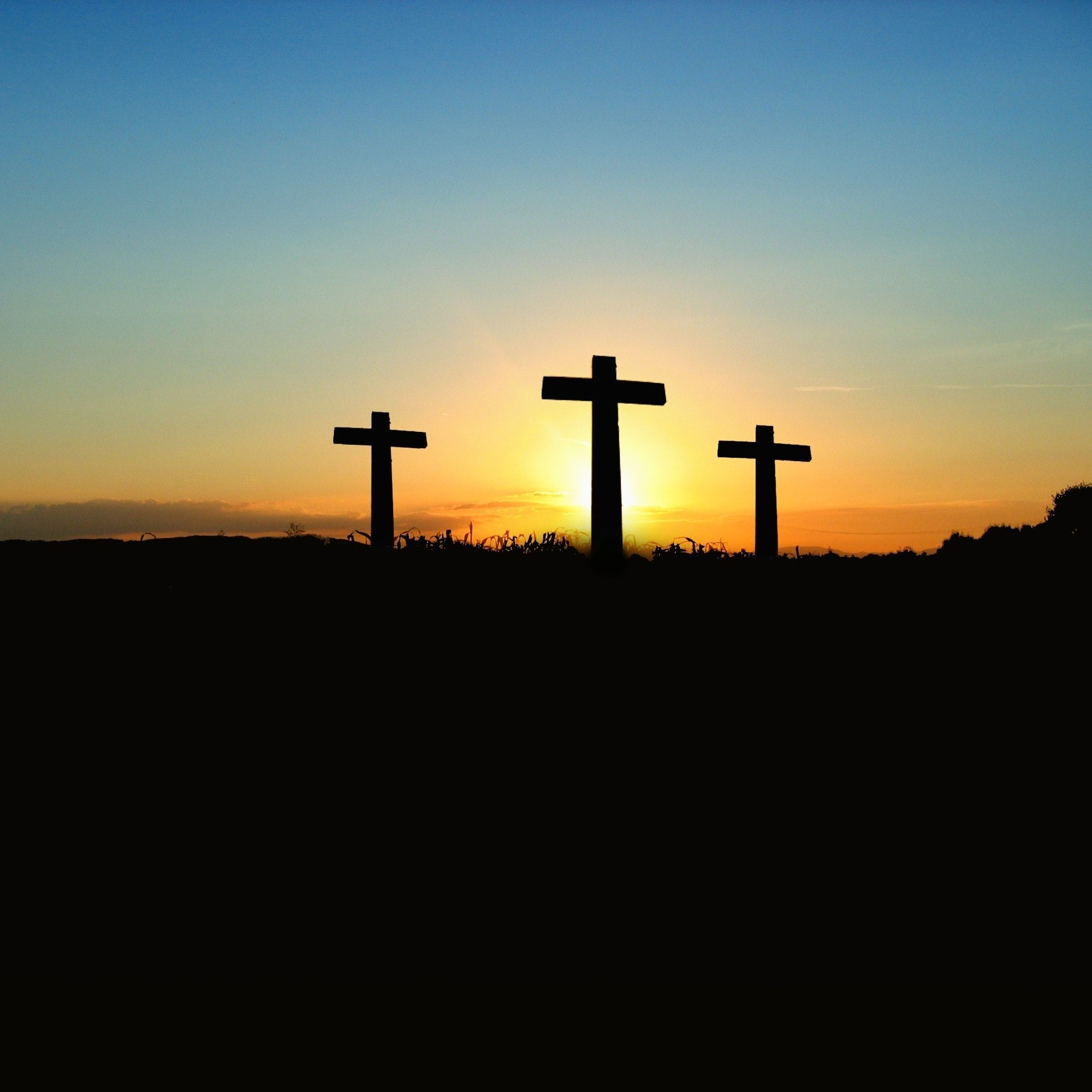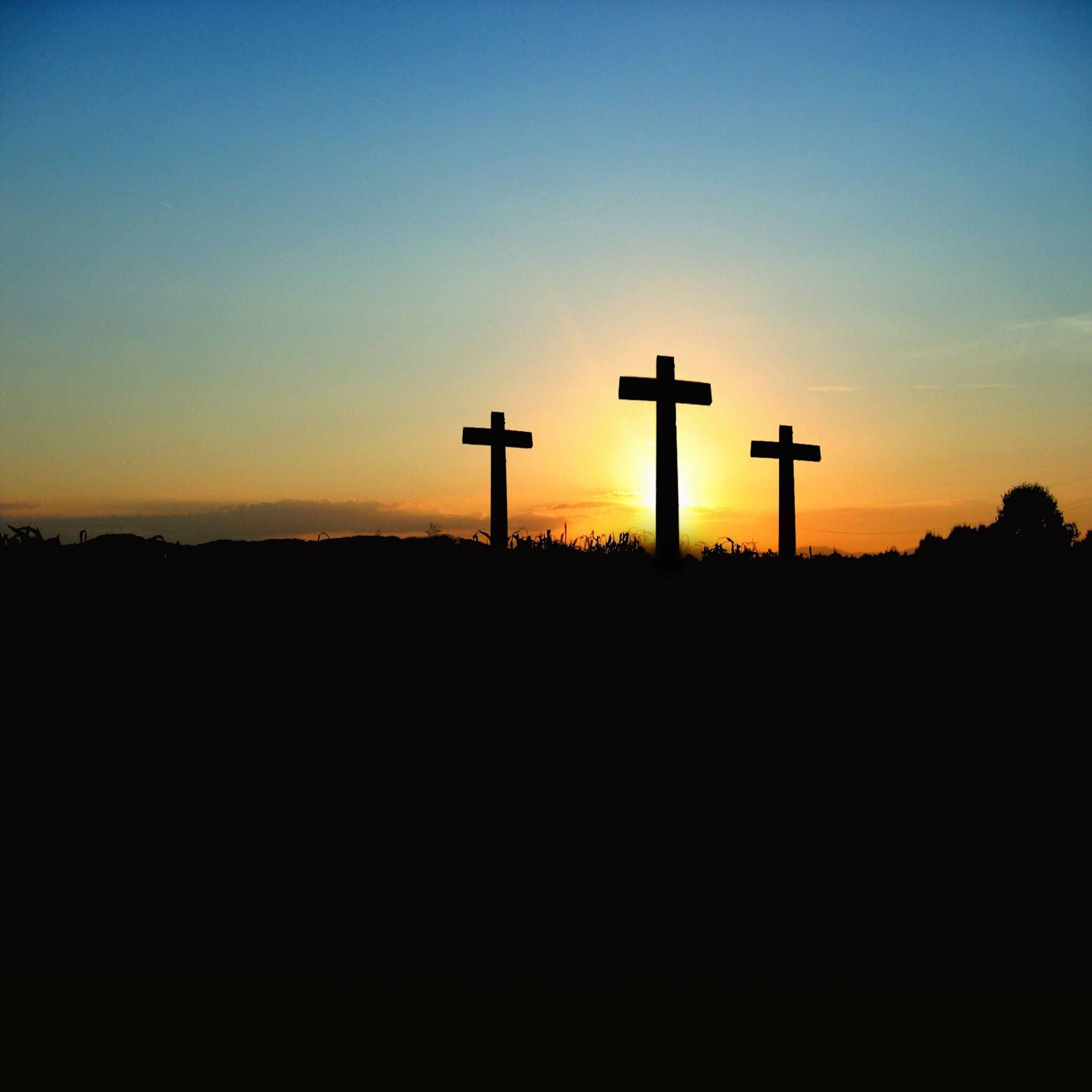05-15-25 part 2: Patience, Prayer, and Wrestling Faith When Waiting Feels Like Drowning
1. The Danger of Impatience and Control
Dr. Spoon begins by illustrating how modern impatience creeps into every aspect of life, from complaining about a nine-minute wait for food to trying to force God’s hand when His timing doesn’t match ours. Using the example of Abraham and Sarah, Dr. Spoon warns against taking matters into our own hands when we feel like God is moving too slowly. He reminds listeners that impatience often leads to spiritual shortcuts and costly consequences. God’s timing is always perfect, even when it doesn’t align with our expectations.
2. Patience Is Impossible Without God’s Help
Transitioning to the spiritual core of the issue, Dr. Spoon teaches that patience isn’t something we can muster in our flesh—it’s a fruit of the Holy Spirit. He highlights that looking at our circumstances instead of God will pull us under like a riptide. Just as Peter began to sink when he took his eyes off Jesus, believers will sink emotionally and spiritually if they focus more on problems than on the Lord’s faithfulness. Dr. Spoon stresses that patience itself is a grace gift from God, requiring constant dependence on His strength and presence.
3. Sharing Burdens and Staying Faithful in Prayer
Dr. Spoon moves from personal struggle to communal responsibility, urging believers to bear one another’s burdens. He passionately encourages listeners not to carry family struggles, anxieties, or frustrations alone but to share them with others and with God. He points out that God is fully capable of handling even what feels impossible—like resurrecting the dead. Dr. Spoon calls on the audience to not only pray for their own needs but also to engage in “wrestling prayer” for others, as Epaphras did in Colossians 4. This shared burden-bearing helps keep believers from spiritual burnout and despair.
4. Keep Your Eyes on Jesus—Not the Waves
Dr. Spoon concludes by challenging believers to choose—daily—to keep their eyes fixed on Jesus and not their circumstances. He admits that waiting on God can feel exhausting and that even spiritual leaders can get tired, referencing his own struggles with technology and ministry tasks. He teaches that choosing to be thankful in all things is an act of faith, affirming that God is in control even when we feel out of control. Through wrestling prayer, shared community support, and focused trust in God’s promises, believers can walk on the waters of life without drowning in doubt.




